Can Mammograms Help Detect Heart Disease in Women?
Mammograms can be a key step in breast cancer prevention, but a recent study also suggests that this technology may be able to do double duty when it comes to your preventive health, by also detecting early signs of heart disease in women.
While the American Cancer Society has guidelines in place as to when women should consider getting regular screenings, talk with your healthcare provider about your risk factors and when the most beneficial time may be to begin getting an annual or biannual mammogram. Prevention and early detection are the best ways to maintain excellent overall health and reduce your risk for breast cancer and even heart disease.
Mammograms for Early Detection
Research published in the Journal of the American College of of Cardiology shows promising evidence that in addition to early breast cancer detection, mammograms could also detect breast arterial calcification (BAC), which is often one of the early signs of heart disease.
When the arteries in the breasts become hardened, a condition known as atherosclerosis, this can be a warning sign of heart disease that may be just as severe as blood clots or clogged arteries supplying blood to the heart and brain.
The study found that discovering high levels of BAC through a mammogram was just as effective as performing traditional tests that measure blood pressure and cholesterol levels (American Council on Science and Health).
The most beneficial implication of these new findings is that mammograms could offer a way to simultaneously detect breast and heart diseases without exposing women to twice the radiation (and twice the cost) of separate screenings.
Healthy Living Tips for Heart Disease Prevention
A surprisingly large number of women don’t realize that they may be at risk for developing heart disease. As a result, many women aren’t taking key steps towards its prevention, which, in itself, could be a risk factor for cardiovascular complications. Consider talking to your doctor about regular mammogram screenings for both breast cancer and heart disease, and stick to these three main tips for healthy living to reduce your risk.
- Stay active. Exercising for just 20 minutes a day can reduce your risk of heart disease, as well as help you maintain a healthy weight (Harvard School of Public Health).
- Eat a heart-healthy diet. Just as your mother probably told you while growing up, eating plenty of fruits, vegetables, and whole grains can go a long way when it comes to your health.
- Don’t smoke. This tip may go without saying, but smoking can significantly increase your risk of developing all sorts of serious conditions, including cancer and heart disease.
Take Control of Your Health
Who better to take control of your health and overall well-being than you? By staying up-to-date with recommended screenings and taking a preventive approach to your health, you can not only decrease your risk for diseases like breast cancer and heart attack, but you can also boost your mood and optimize your body.
Just one of the ways that you can play an active role in your health and women’s health in general is to join the Women’s Health Conversations 2016 Conference, held in Pittsburgh, PA. The goal of this conference is to educate, empower, and entertain women from all across the country about all things related to women’s health. Whether heart disease prevention, healthy eating habits, or pain management is your concern, Women’s Health Conversations has something to offer for everyone. Take a look at the registration page for more details about how to become a part of the conversation yourself.

